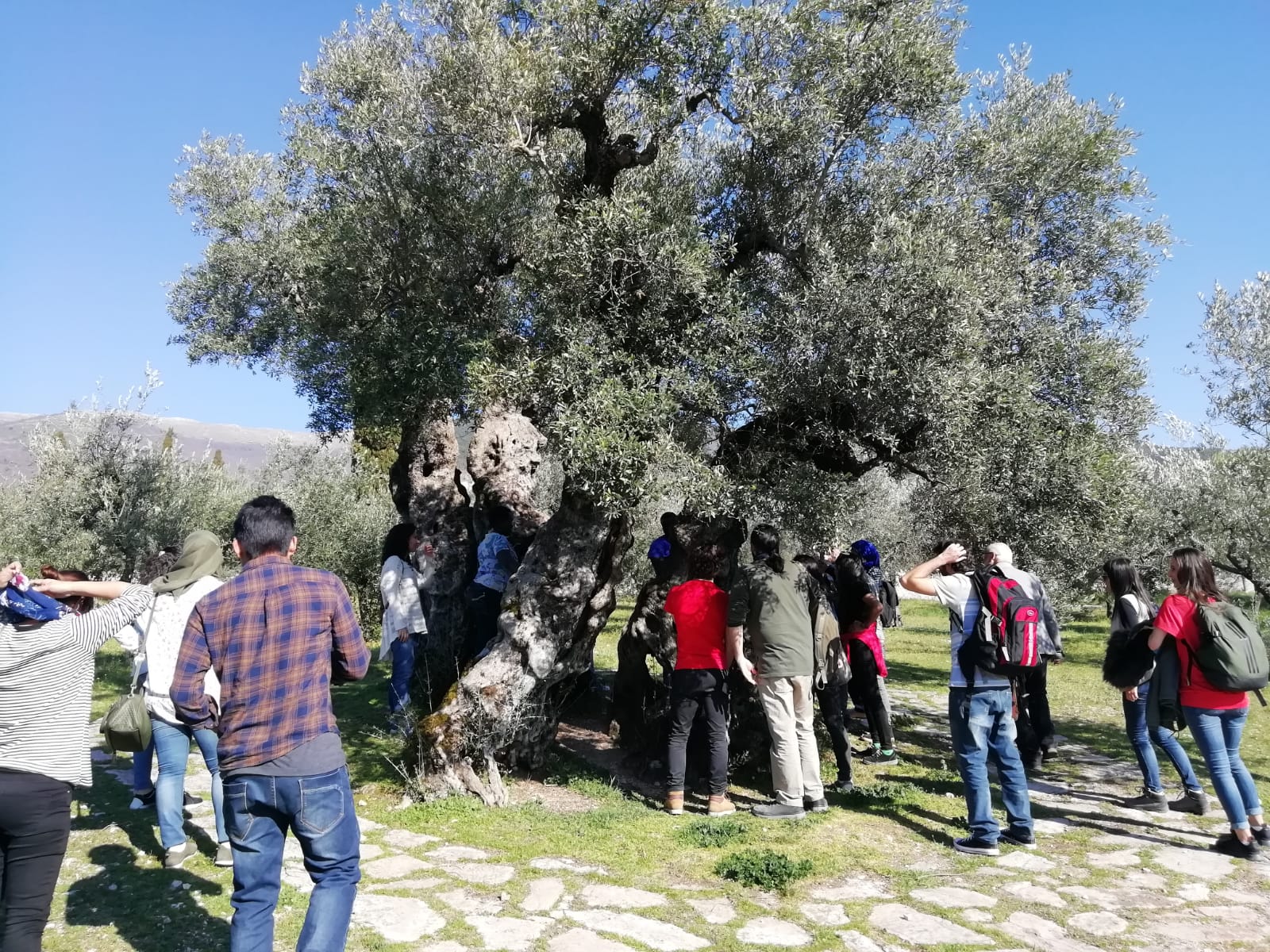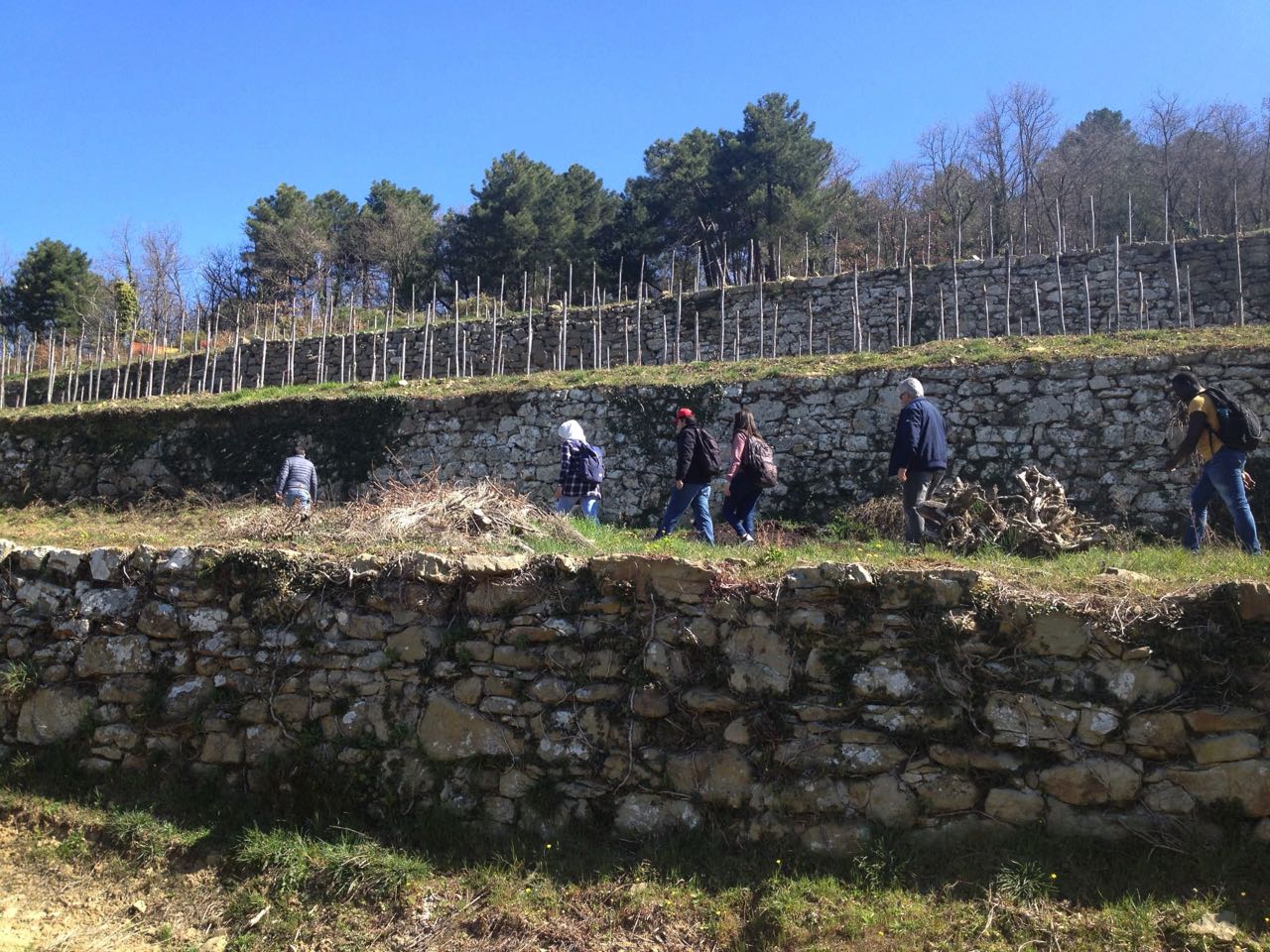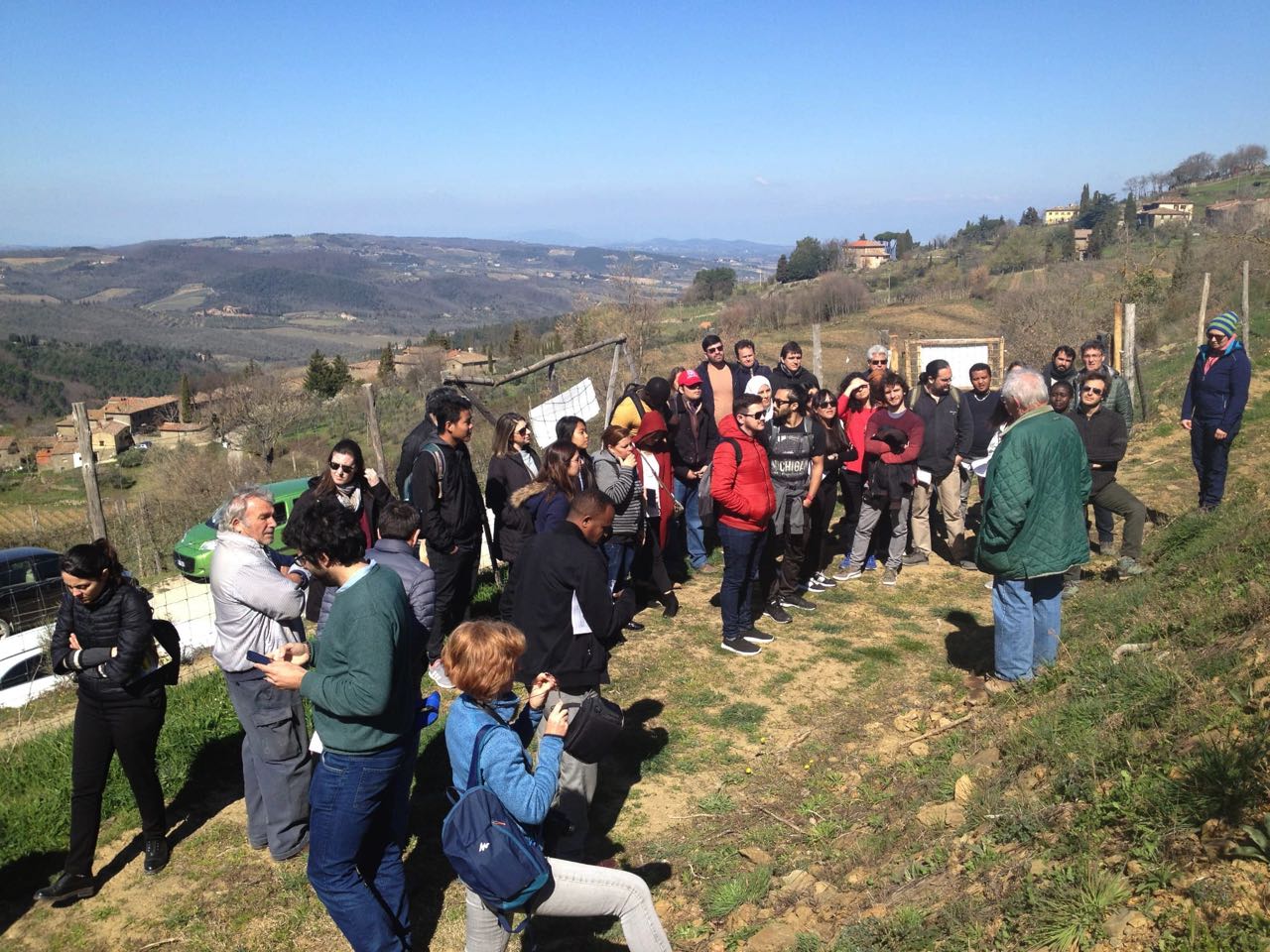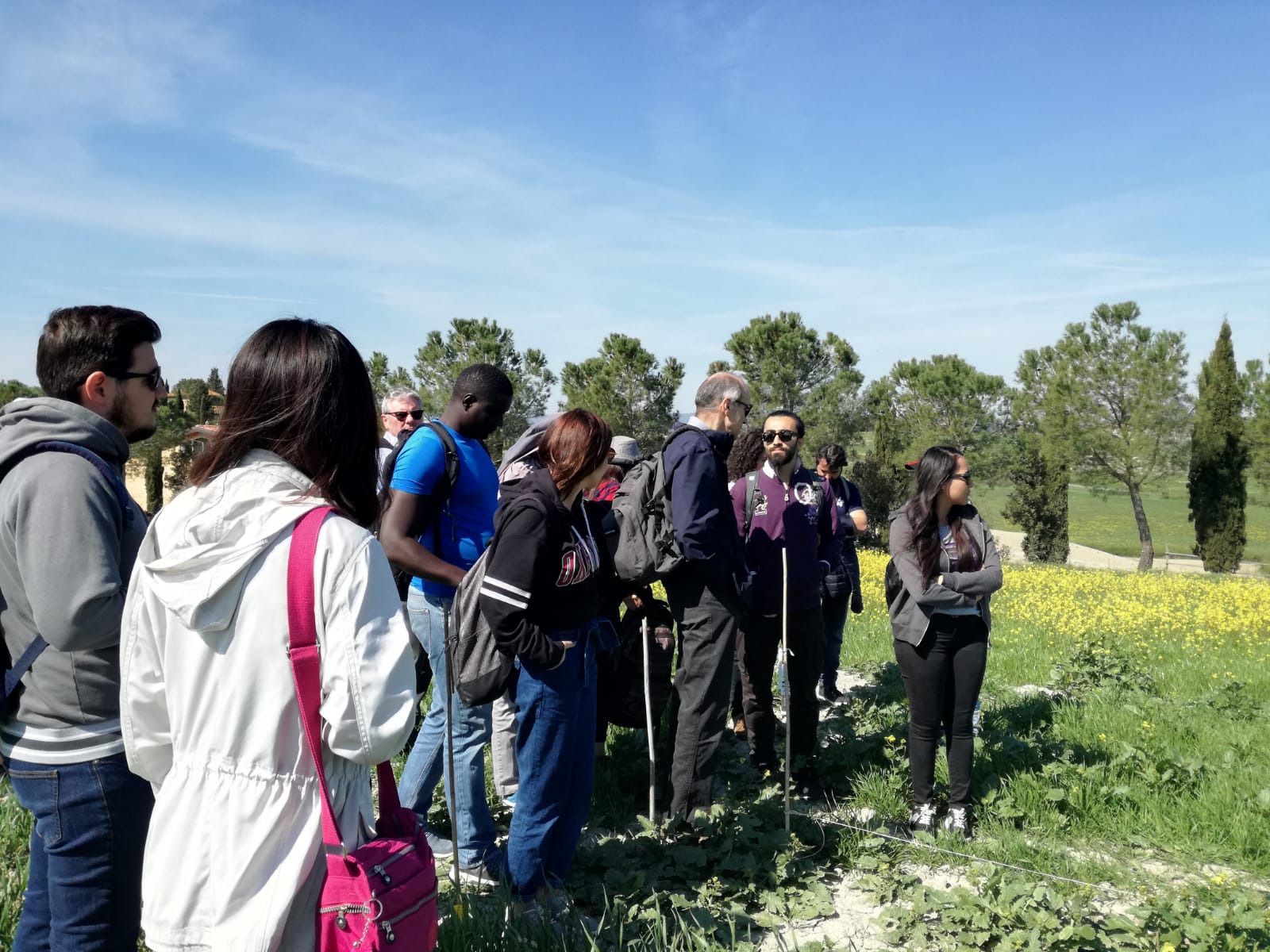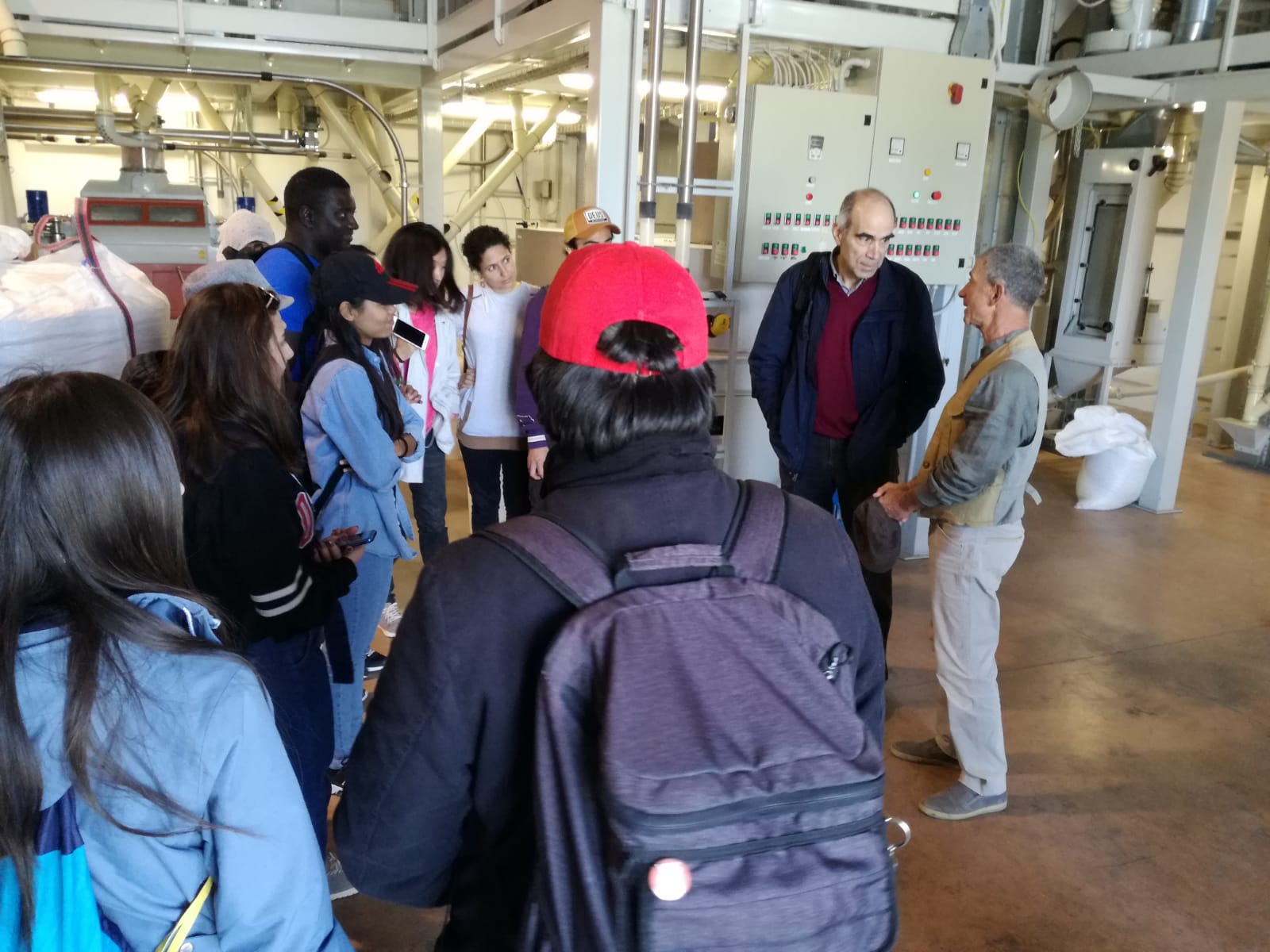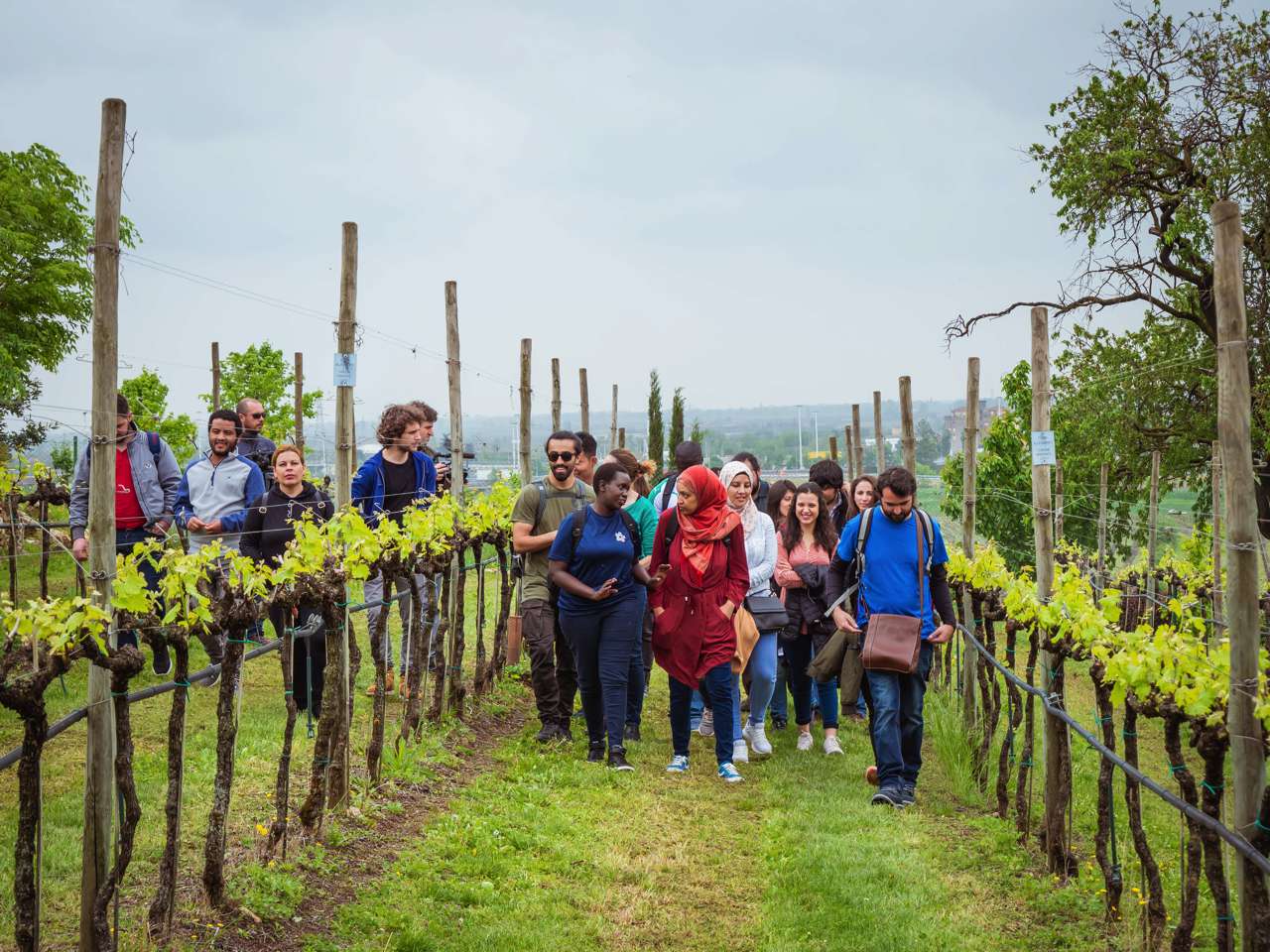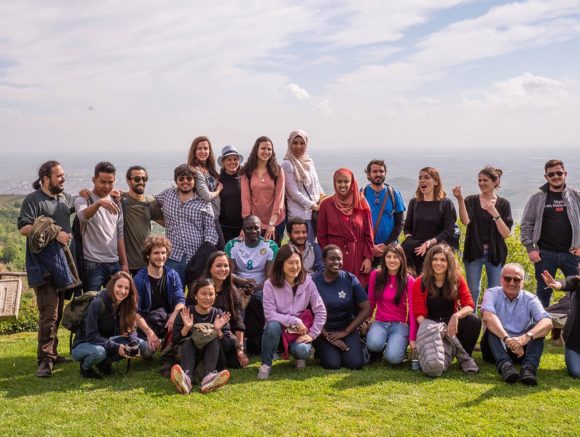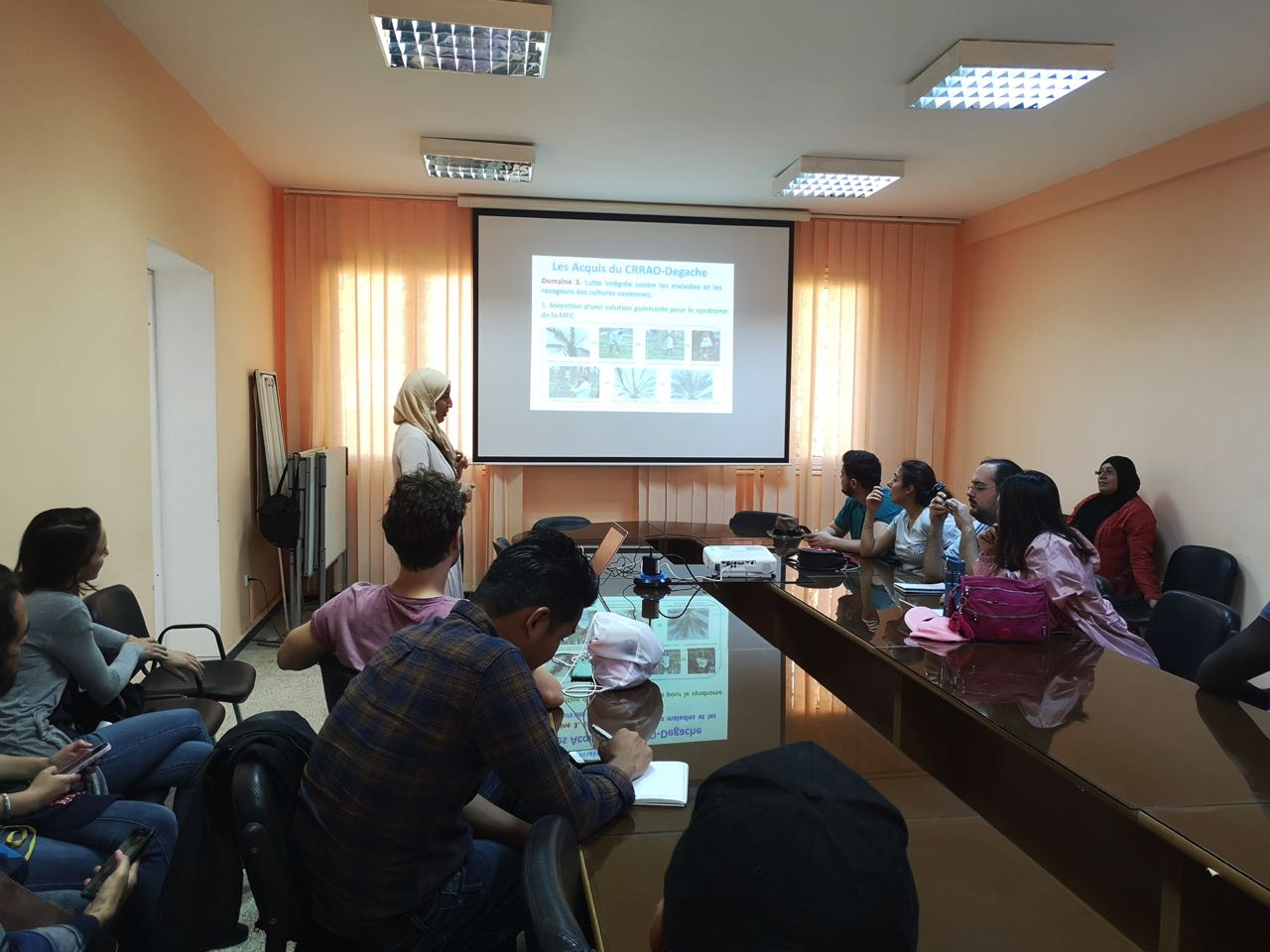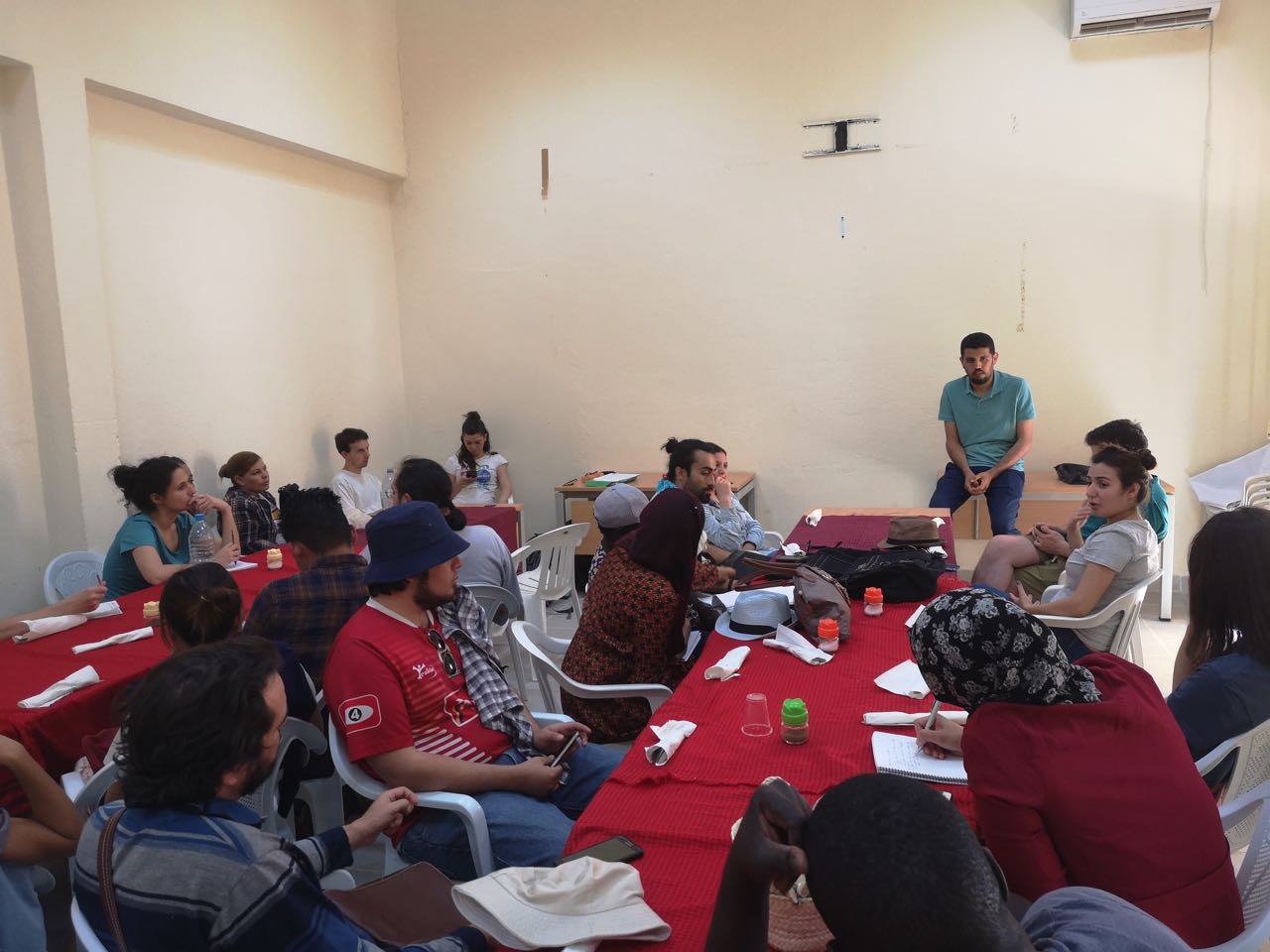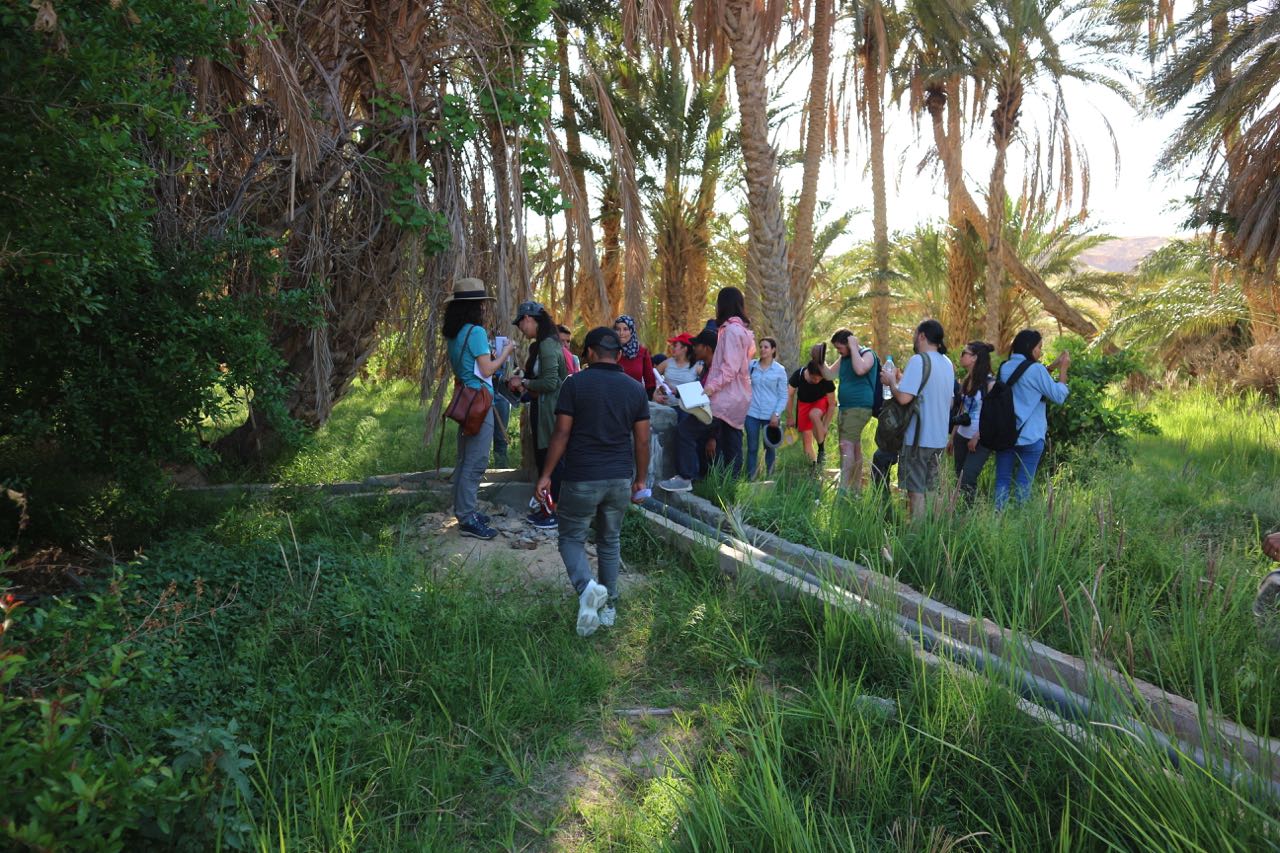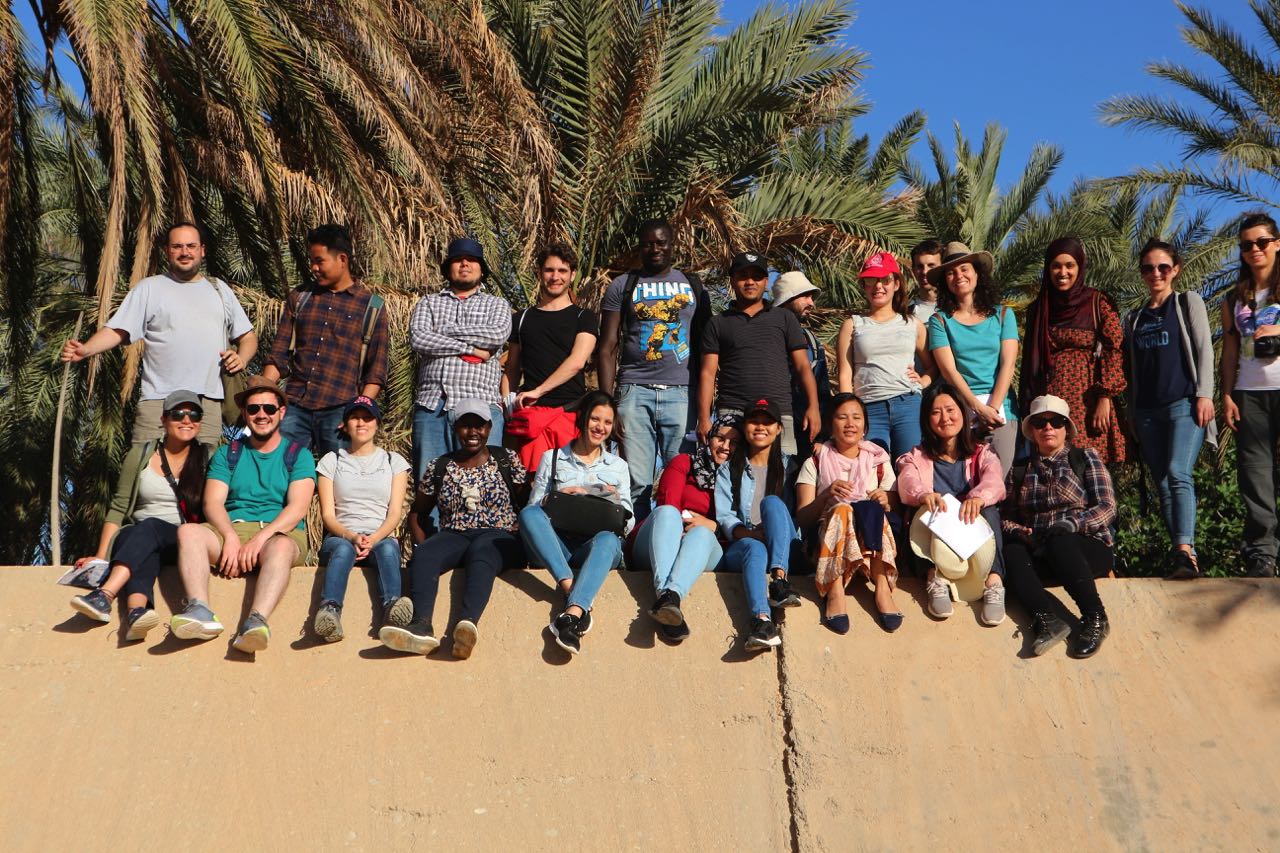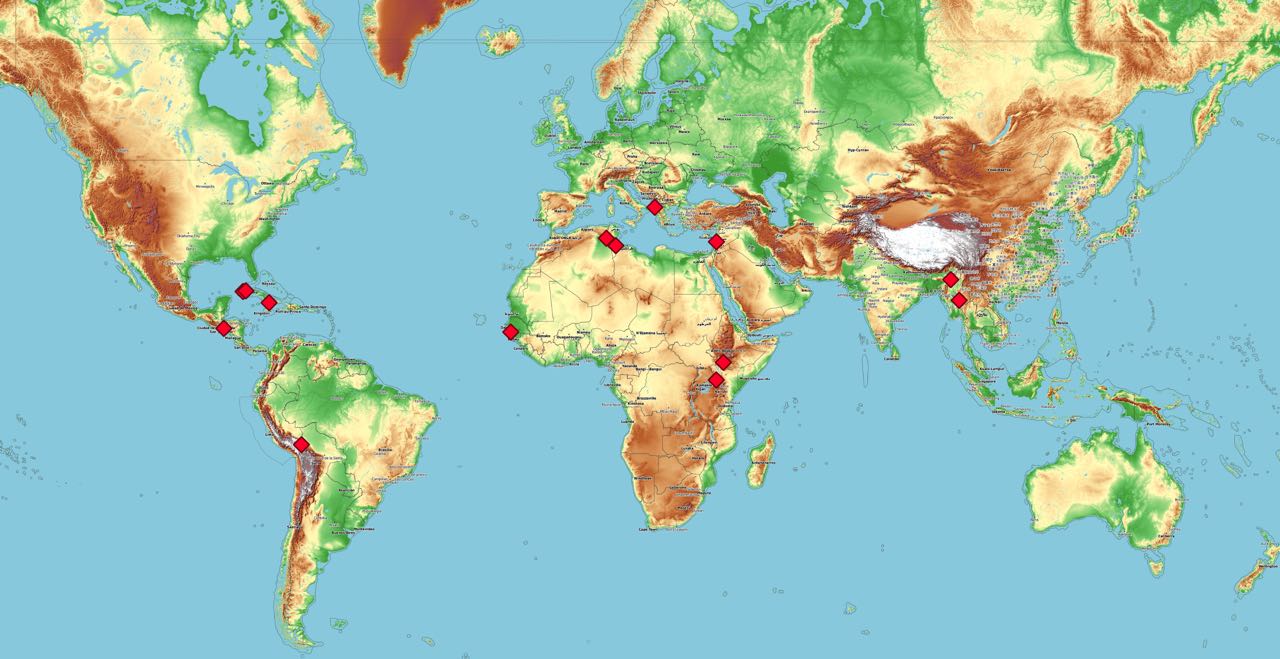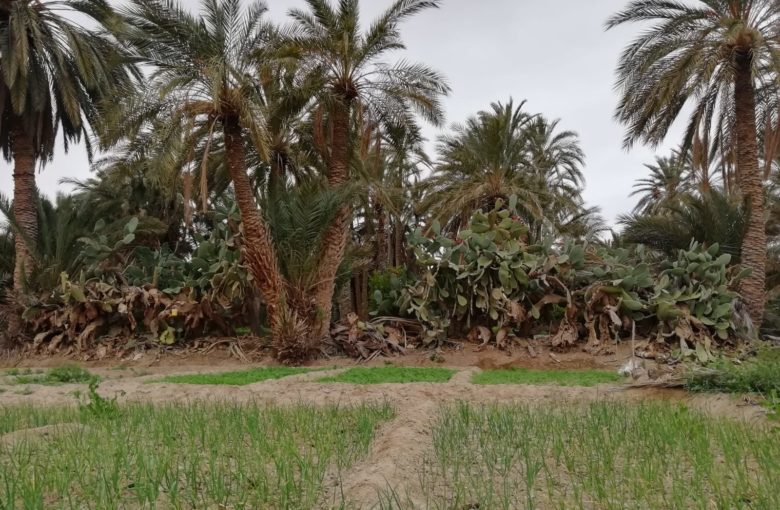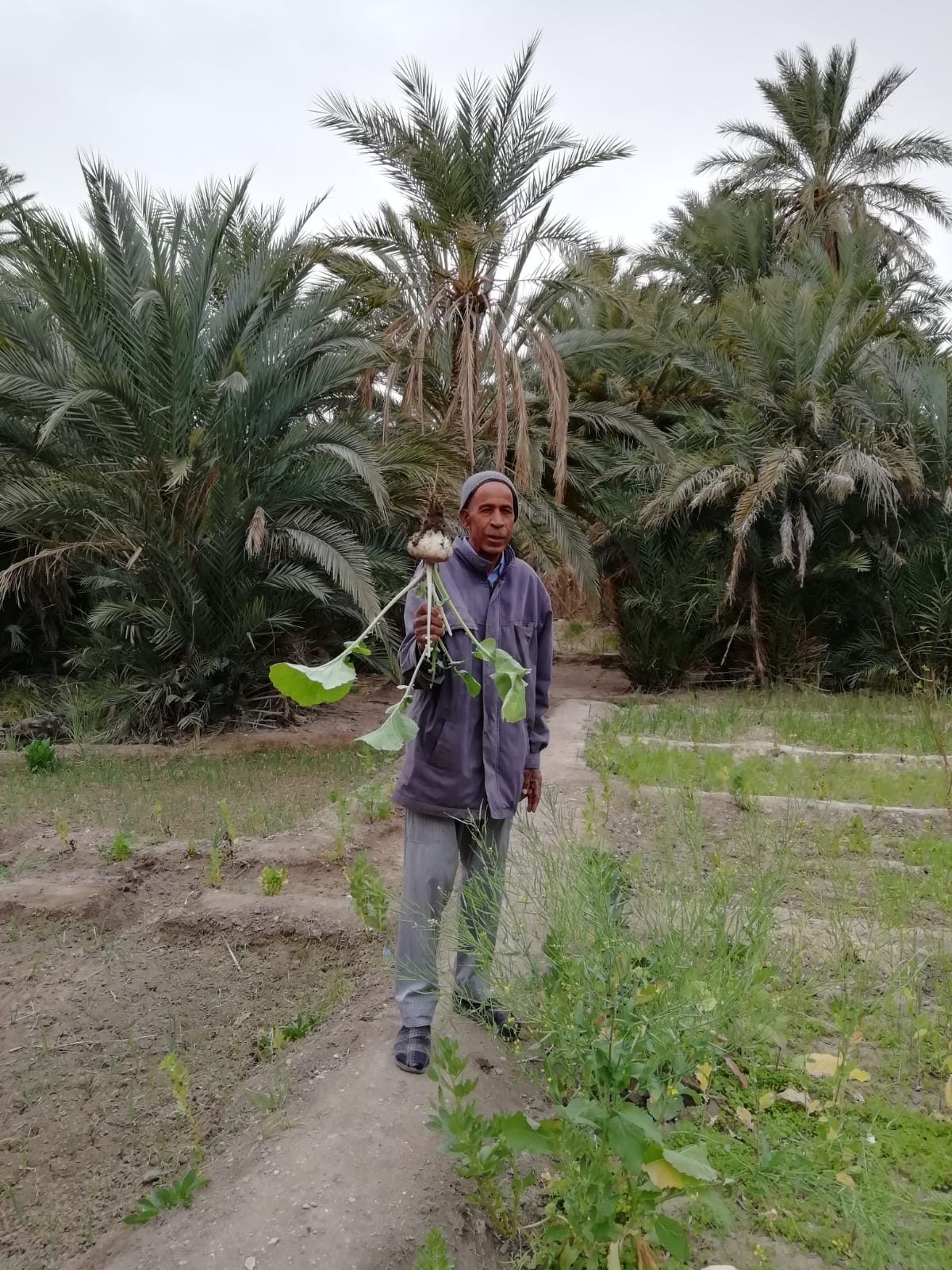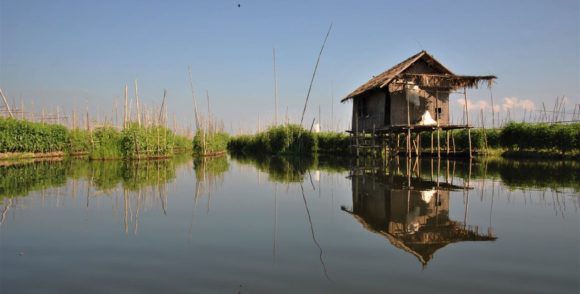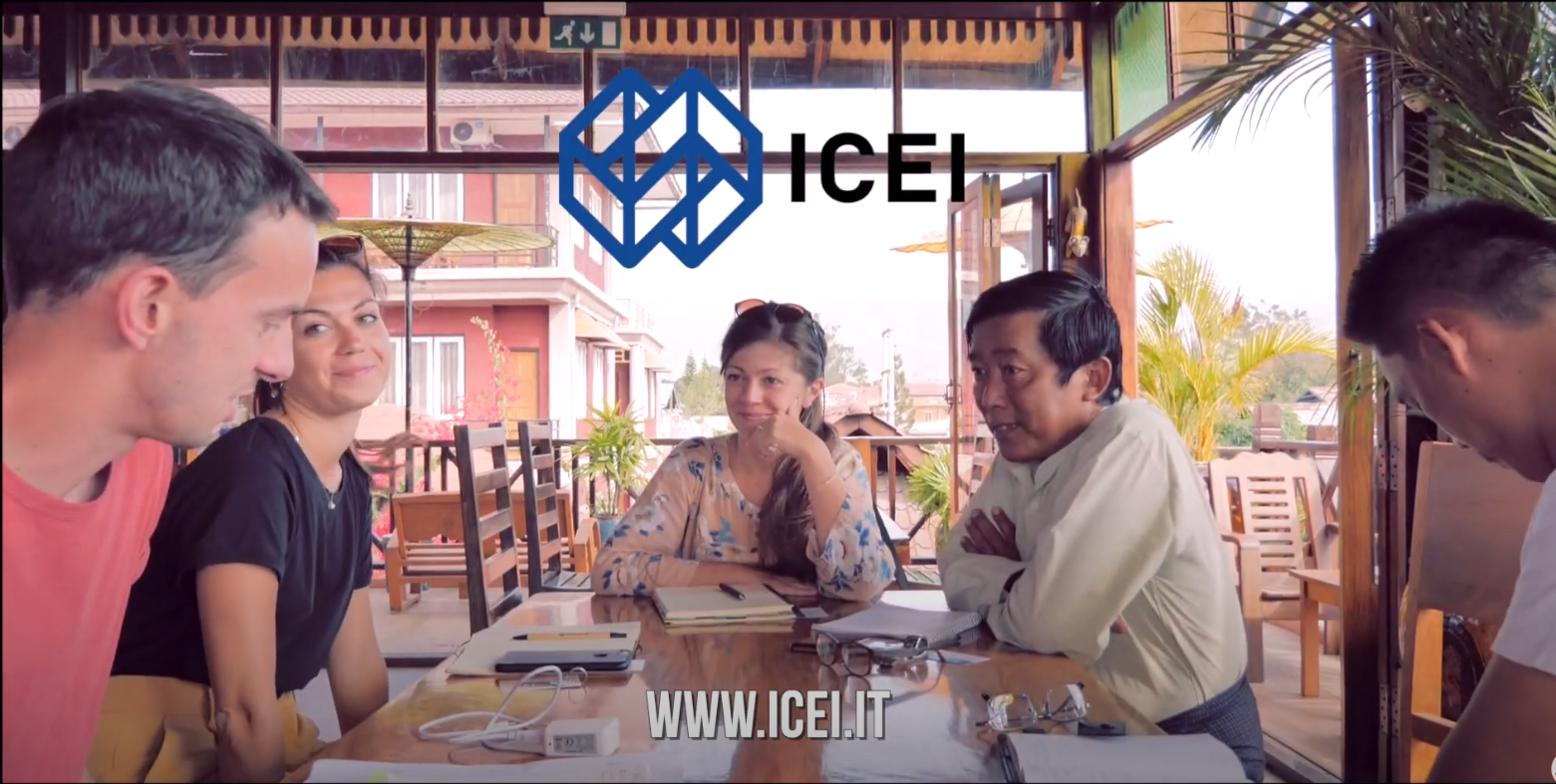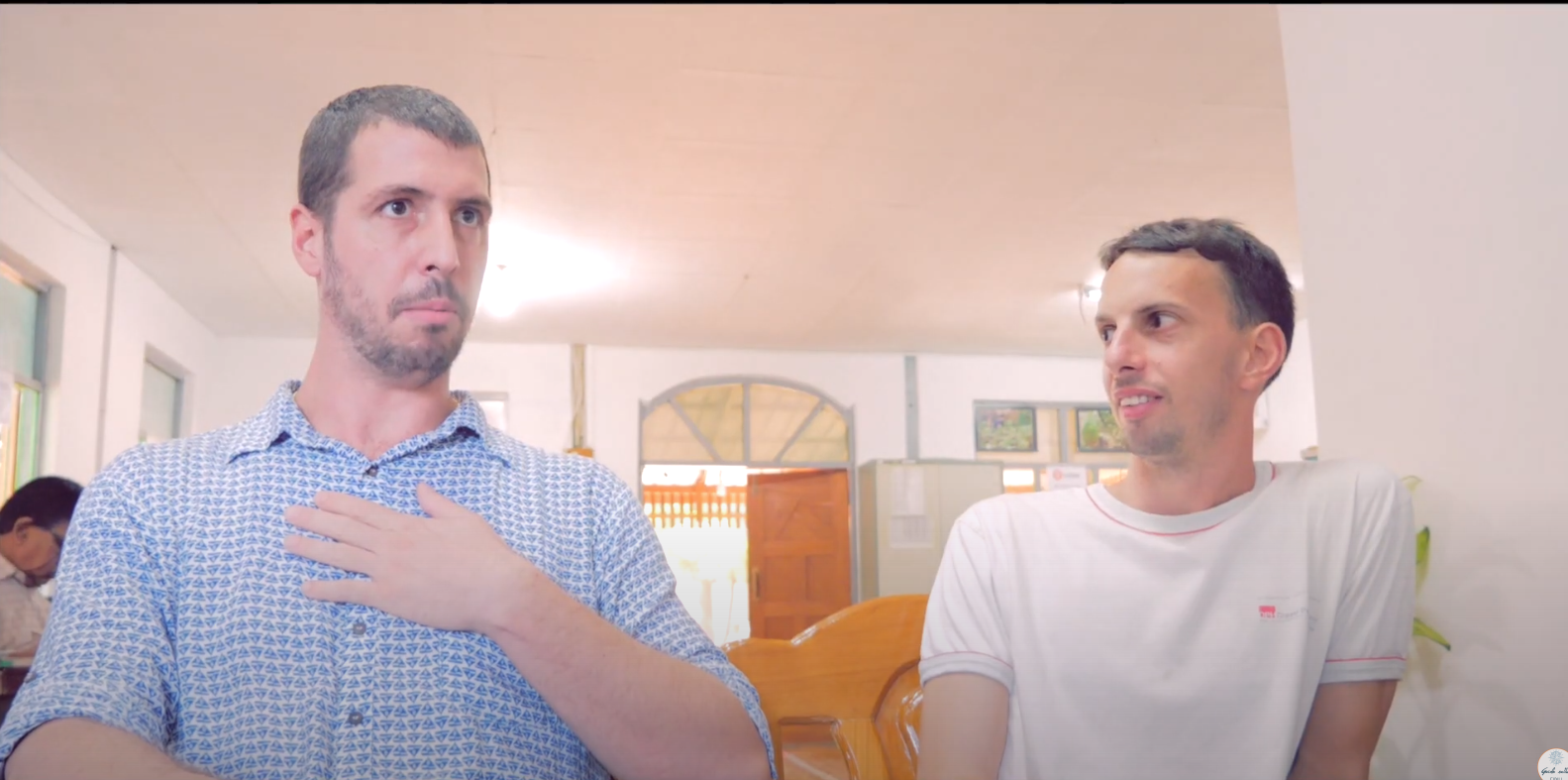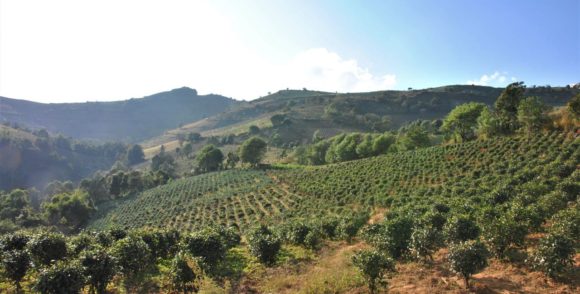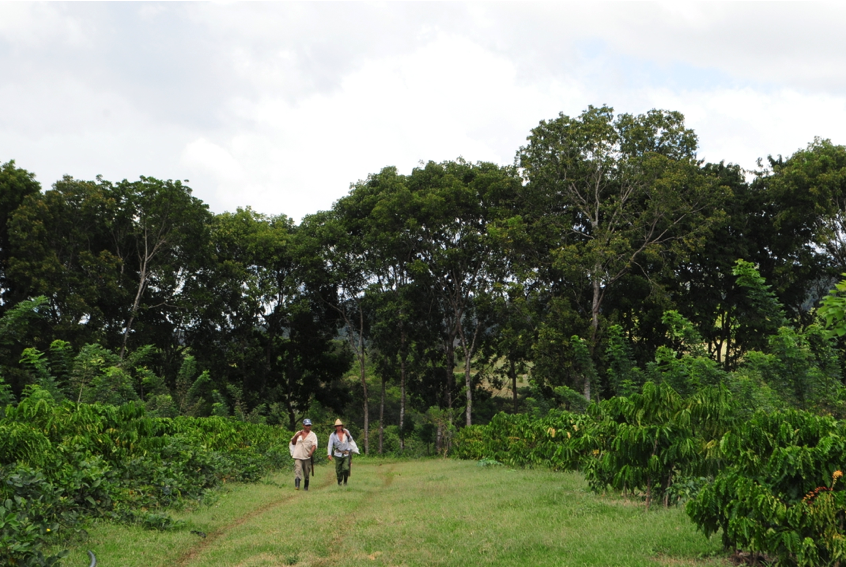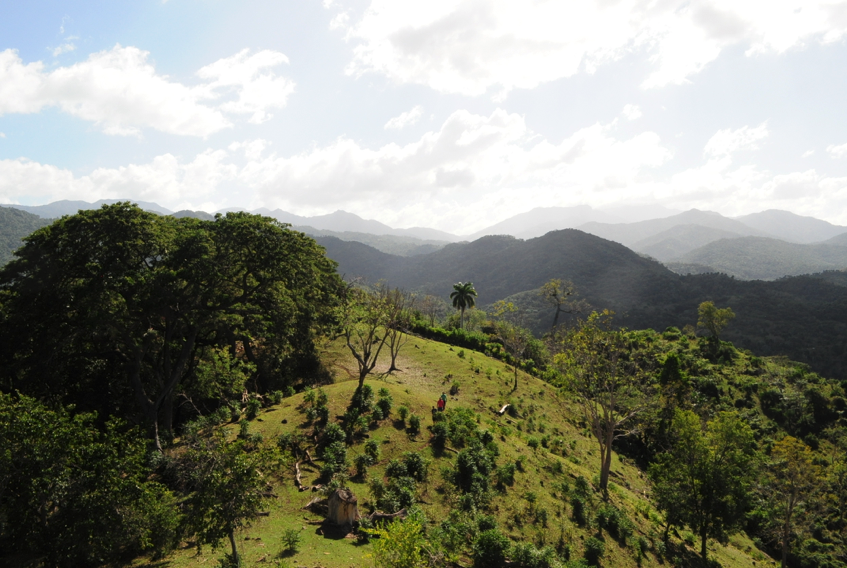A1: Agricultural Heritage Systems Master Course 2018-2019
The first edition of the Master course started in January 2019 and finished in October 2019.
73 applications have been received from 15 AICS Priority Countries and other 15 applications from other 10 different countries.
16 students coming from AICS Priority Countries (Albania, Bolivia, Cuba, El Salvador, Ethiopia, Kenya, Lebanon, Myanmar, Senegal, Tunisia) and 7 from other countries (China, Colombia, Iran, Italy, Portugal, Spain) for a total of 23 students (14 women) have been selected and participated in the master course.
Beside the regular teachings, 9 guest lectures have been organized, to to deepen some themes. The guest lectures were as follows: Yoshihide Endo and Maria Clelia Puzzo (GIAHS Secretariat, FAO), Bas Pedroli (Wageningen University, The Netherlands), Sandra Kiesow (Kiel University, Germany), Alexandra Kruse (EUCALAND network), Quingwen Min (Chinese Academy of Sciences, Beijing, China), Chiara Mattiello (Consorzio Soave, Italy), Lígia M. Costa Pinto and Paulo J. Ramísio (University of Minho, Portugal).
Five field visitshave been organized for the students of the master course:
- Raggiolo, Casentino – Meeting with the local community in order to study their activities for the valorization of their territory through the use of “community maps”.
- Assisi-Spoleto – Visit to the GIAHS site of the Olive groves of the slopes between Assisi and Spoleto, meeting with local institutions, visit to farms.
- Lamole, Greve in Chianti – Training activity on the restoration of terraced landscapes and on the management of slopes cultivations.
- Peccioli – Visit to the Floriddia Organic Farm, to check the traditional productive system, from the sowing of ancient wheat to the realization of the final product
- Soave – Visit to the GIAHS site of the Soave Traditional Vineyards, meeting with the Consorzio del Soave, visit to farms.


